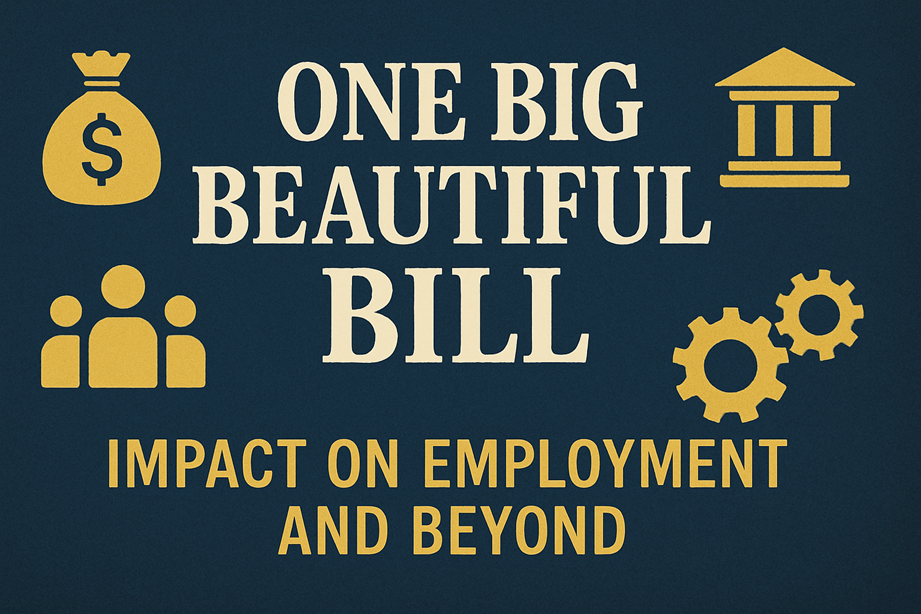How Business Accounting Services Help Small Businesses
At Bill Fox Tax & Accounting Inc., providing business accounting services in Belleview, FL, is our passion. Operating in the Belleview area, we know how small business owners face ongoing challenges in managing finances, sustaining healthy cash flow, and maintaining regulatory compliance. You want to avoid costly mistakes, empower your business, and focus on growth. With our comprehensive business accounting services, we help you achieve greater financial stability and confidence by putting professional support within reach.
Why Small Businesses Need Reliable Business Accounting Services
Small business owners often wear multiple hats, from marketing guru to sales expert and HR manager. However, effective financial management is key to success and requires specialized skill. Our business accounting services address these vital needs:
- Accurate bookkeeping: Stay on top of every transaction and maintain transparency in your financial records.
- Payroll management: Ensure timely, error-free payroll disbursement.
- Tax planning: Avoid last-minute tax season stress and reduce liabilities through proactive strategies.
- Financial forecasting: Plan smarter for future expansion and investments.
Handling these tasks internally can be overwhelming. Outsourcing to experts like Bill Fox Tax & Accounting Inc. means efforts are focused on growing your business while professionals manage the financial details.
Accurate Bookkeeping to Prevent Costly Errors
One of the most important aspects of our business accounting services is maintaining precise and updated books. Accurate bookkeeping helps small businesses avoid errors that can lead to audits or penalties. Using professional systems, we categorize income and expenses, reconcile accounts regularly, and provide monthly reports. This clarity gives owners visibility over cash flow and profitability.

We’ve seen how a missed entry or misclassification can lead to challenges during tax filing or business evaluations. With our expertise, Belleview business owners can count on their financial records to be complete, correct, and accessible whenever needed.
If you want to learn more about specific bookkeeping and accounting support, please view our business accounting offerings.
Payroll Management Simplifies Business Operations
Processing payroll is more than simply issuing checks. Our business accounting services include complete payroll solutions, ensuring every employee is paid promptly, deductions are accurate, and tax filings are up-to-date. Payroll mistakes can damage employee trust and result in steep fines, so delegation to a trusted professional is essential.
We customize payroll frequencies, manage direct deposits, handle new hire reporting, and ensure all wage records comply with local and federal laws. Belleview businesses benefit from less administrative burden and more time to develop their workforce.
Strategic Tax Planning and Compliance
Tax mistakes are among the costliest errors a business can make. Our business accounting services help you navigate complex tax regulations and avoid pitfalls. We strategize well in advance of deadlines, providing practical guidance to reduce liabilities and leverage deductions.
From quarterly estimates to year-end filings and sales tax submissions, we handle your obligations so you remain compliant and penalty-free. We also monitor regulatory changes specific to Belleview and Florida, ensuring clients stay ahead of evolving requirements.
Financial Forecasting for Business Growth
Business owners need to see beyond day-to-day numbers. Through our business accounting services, we offer financial forecasting that helps set realistic goals, anticipate challenges, and explore new opportunities.
We analyze historical trends, compare industry benchmarks, and project future revenue and expenses. This helps Belleview businesses prepare for expansion, secure funding, or weather downturns. Accurate forecasts are invaluable for making data-driven decisions and maximizing profit potential.
Personalized Solutions for Belleview’s Local Businesses
Our commitment is to truly understand the needs of our community. Bill Fox Tax & Accounting Inc. offers personalized business accounting services designed for Belleview’s unique business landscape. Whether you operate a retail shop, restaurant, construction business, or local professional firm, we tailor our services to your requirements.
Serving Belleview, FL, we pride ourselves on accessible communication, hands-on support, and building long-term client relationships. We want you to feel confident that your accounting needs are handled with care and expertise. You’re more than just numbers to us—you’re our neighbors and partners in local economic success.
Operating in the Belleview Area With a Focus on Growth
As we continue providing business accounting services in the Belleview area, we remain dedicated to helping businesses grow and adapt. We believe financial management shouldn’t be a source of stress, and our goal is to make it simple, straightforward, and transparent. Through ongoing education, friendly guidance, and reliable support, we enable small business owners to focus on their core strengths and passions.
From accurate bookkeeping to payroll, tax planning, and forecasting, our solutions are shaped by feedback from local clients and our in-depth understanding of Belleview’s economic trends.
Ready to Strengthen Your Business With Professional Accounting?
If you’re seeking business accounting services that truly prioritize your success, Bill Fox Tax & Accounting Inc. is here to help. We encourage Belleview, FL, business owners to reach out to us for a confidential consultation about your unique needs and goals. Let our local experts handle the complexity of accounting, freeing you to grow your business with confidence and clarity. To get started, please contact our team or call us at (352) 572-5732.





